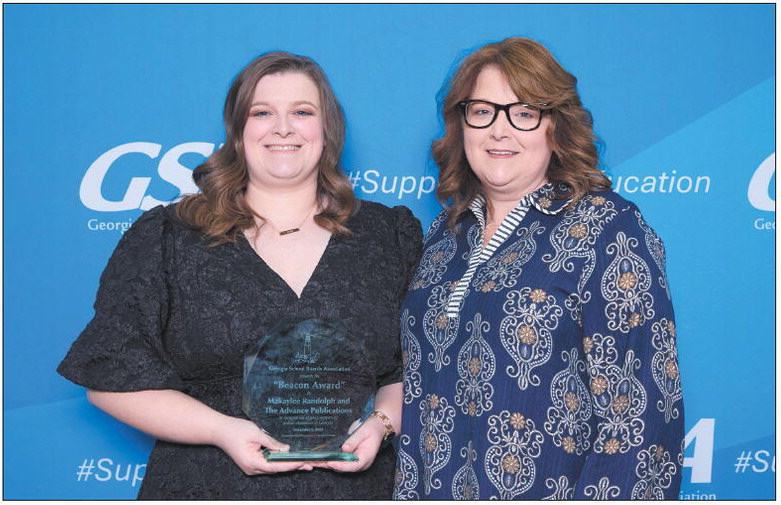Common signs of mental health or substance use disorders in young adults
Young adulthood is a period of incredible transition marked by personal growth and a newfound sense of independence. Many young adults confront that transition while simultaneously dealing with a mental health issue or substance abuse disorder. According to the Substance Abuse and Mental Health Services Administration, young adults between the ages of 18 and 25 had a higher prevalence of serious mental illness when compared to adults between the ages of 26 and 49 and adults age 50 and older. In addition, SAMHSA notes that more than five million young adults report having a substance use disorder. Such issues can make the transition from teenager to young adult more challenging, potentially compromising young people's ability to live full and independent lives. Treatment is vital when confronted by mental health or substance use disorders, and far too many young adults report receiving no treatment at all. For example, SAMHSA notes that 87 percent of young adults with substance use disorders report receiving no treatment for their conditions. Learning to recognize these common signs may compel young adults to seek treatment, while loved ones of young adults who notice any of the following signs can encourage men and women to seek treatment.
Trouble sleeping or
oversleeping
Loss of interest in
hobbies and friends
Feelings of anxious –
ness
Changes in overall
energy levels
Changes in appetite
and weight
Feelings of hope –
lessness
Diculty in daily
functioning
Extreme mood
changes
oughts of suicide
The National Institutes of Health urges anyone concerned with their mental health to bring those concerns to the attention of their primary care providers. The NIH notes that people with mental health conditions can be at risk for other medical conditions, including heart disease and diabetes. In addition, the National Institute on Drug Abuse notes that
addiction can increase a person's risk for various diseases, including cancer and HIV/AIDS. People who suspect
they or a loved has a mental health or substance use disorder are urged to contact their primary care physicians. Treatment options and additional resources also are available at www.samhsa.
gov.





